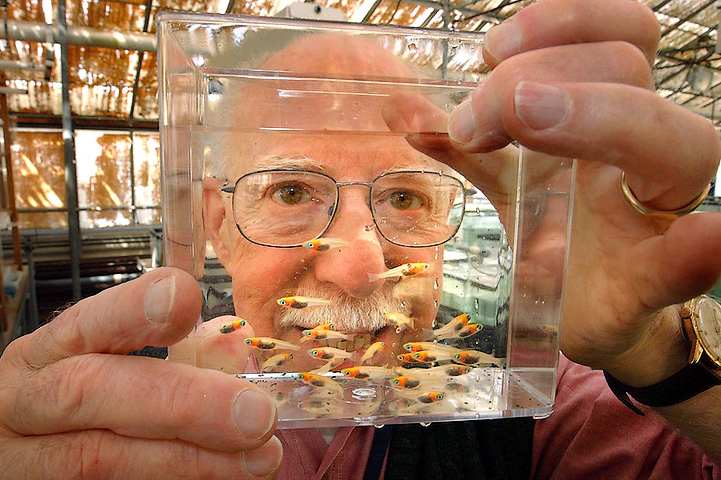 Fish have been used in research to confirm the causes of skin cancer, part of understanding the rapid growth in case numbers.
Fish have been used in research to confirm the causes of skin cancer, part of understanding the rapid growth in case numbers.
Covid-19 brought significant interruption to health services and there are still backlogs. Post pandemic, the UK’s National Disease Registration Service (NDRS) chose to publish unaffected skin cancer data from 2019.
There were 224,000 recorded skin cancer cases in England that year, a remarkable figure in itself but the change over time is as notable. Just 6 years earlier, case numbers were 177,700, they grew by 26% from 2013 to 2019.
Skin cancer can be a slowly developing disease and increased sun exposure from overseas holidays decades earlier is a factor, along with an ageing population. Changing behaviour and societal influences have added to the load, along with sunbed use.
1 in 5 of us will now develop skin cancer at some stage in life. Useful to look at the data more closely and identify conditions we may encounter.
A Varying Disease
The 224,000 reported cases were broken down as below:
- Basal cell carcinomas (BCC) 158,934
- Squamous cell carcinomas (SCC) 47,977
- Malignant melanoma – 15,332
- Rare skin cancers – 1,849
Referral for dermatological support was split between the urgent care and routine GP referral routes. A point to note was the low level of urgent referral for rare skin cancers and to a lesser degree, SCCs.
They would appear to not always be recognised for what they are, without a specialist eye to examine the lesions.
Recovery Potential
Measuring skin cancer outcomes at a national level is normally a reflection of 5 year survival rates. BCCs were categorised as low risk, as was early stage (in situ and stage 1) melanoma, with the survival rate almost 100% when caught early.
This falls dramatically to around 25% for stage 4 melanoma. Advanced SCCs do not fare much better and rare skin cancers such as Merkel cell carcinoma are the worst for recovery. The need for specialist, early intervention is clear.
Continuing to work on public awareness also matters and there is a practical issue. We currently have the equivalent of about 500 full time consultant dermatologists working in England, insufficient to meet the need.
Taking Action
That skin cancer is now the most common form of cancer diagnosed in England may surprise a few people. This is not given the same media coverage, or dedicated medical clinics as types which are less prevalent.
A fair percentage is not life threatening but tens of thousands are each year, others could bring disfunction, or disfigurement. They also share needs with other cancers, being correctly understood and treated at an early stage.
Seeing a consultant focused on skin cancer treatment as soon as you suspect a problem makes sense. Changing moles, or non healing ulcers are part of the picture but there are times when symptoms can be more subtle.
